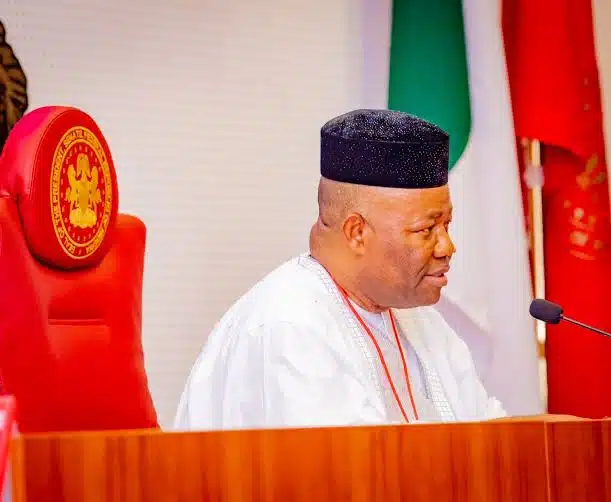Stakeholders in the energy sector, yesterday, called for an end to the importation of liquefied petroleum gas (LPG) given the country’s 206 trillion standard cubic feet natural gas deposit and the Central Banks of Nigeria’s (CBN) N250 billion intervention in the sector.
The stakeholders also condemned the continued export of LPG by Nigeria LNG Limited despite the huge domestic demand.
The position comes amidst the return of many Nigerians to firewood, a development that poses health and environmental hazards, as gas price worsens, following the Russia-Ukraine war.
Although Nigeria has a decade of gas policy aimed at domestic utilisation and gas expansion plan, the country still imports over 55 per cent of LPG consumed in the country. This has kept the price soaring in response to the international supply shock.
As of last year, smaller African countries like Algeria, Equatorial Guinea and others contributed over 55 per cent of the country’s LPG imports.
Nigeria is ambitious of increasing domestic LPG consumption to five million metric tonnes (mmt) even as the country’s 206 trillion cubic feet deposit is yet to translate into benefits for the country.
PwC’s Associate Director in charge of Energy, Utilities and Resources, Habeeb Jaiyeola, said it was high time government stopped the importation of LPG, stressing that the CBN’s N250 intervention remained a critical elixir towards achieving self-sufficiency.
With the existing gas infrastructure investment like the AKK pipeline, the provisions in the Petroleum Industry Act (PIA) and other support initiatives, Jaiyeola said the country is in a position to meet local LPG need.
Jaiyeola urged industry players to take advantage of the CBN facility to address the funding gap, while calling for sustainable financing for the sector.
“The move by the CBN is laudable and the intent of the fund is also quite comprehensive, seeking to ease funding challenges for players in the LPG value chain,” Jaiyeola said.
The African Refiners and Distribution Association (ARDA) and other stakeholders in the LPG had earlier warned of imminent danger if Africa fails to quickly adopt clean energy as over 850 million Africans still depend on solid fuels (biomass) for cooking.
Without strategic efforts toward energy transition, especially for cooking, the experts said that pollution from solid fuels might continue to kill over 600,000 Africans yearly.
Programme Manager, National LPG Expansion Implementation Plan, Dayo Adeshina, had said the CBN intervention was critical for the sector. He, however, said it was important to tweak the plan to ensure that players in the sector seamlessly access the loan.
He added that its objectives would only be achieved if commercial banks stop treating it as a commercial loan.
“To access the loan, it is commercial banks that will approach the CBN. But unfortunately, the banks are treating it as commercial loans. Typically, they would ask for the same things they ask when you seek conventional loans such as equity contribution and security.
“All these slowed down the number of people whose balance sheets can allow them to access the loan. That is being looked at to see how associated bottlenecks can be resolved to make it easier for people to access,” Adeshina said.











